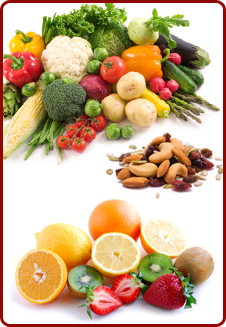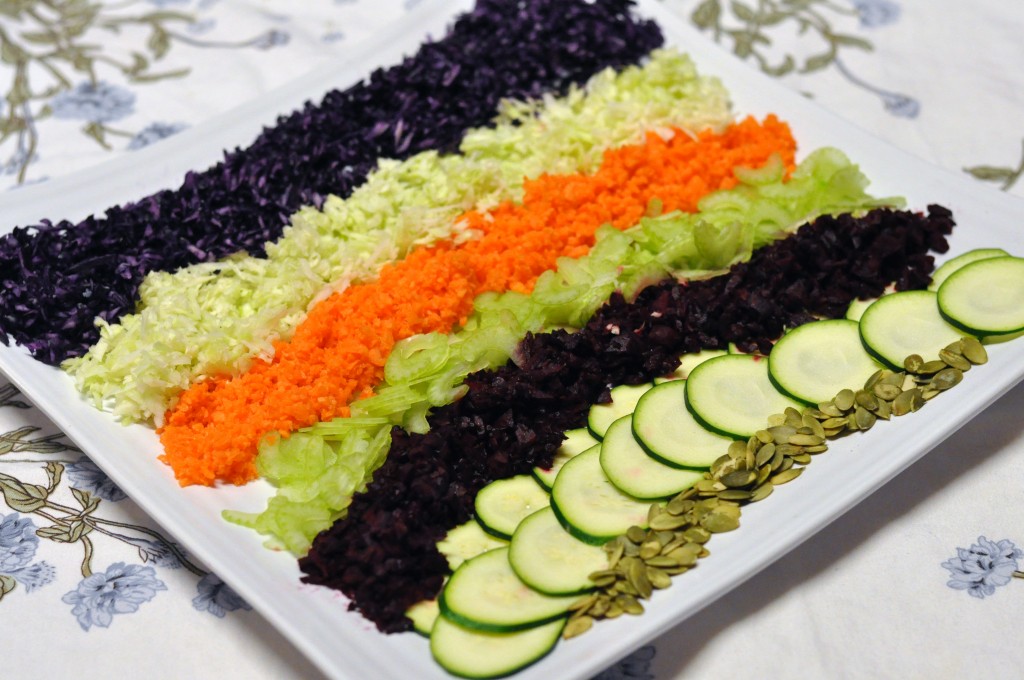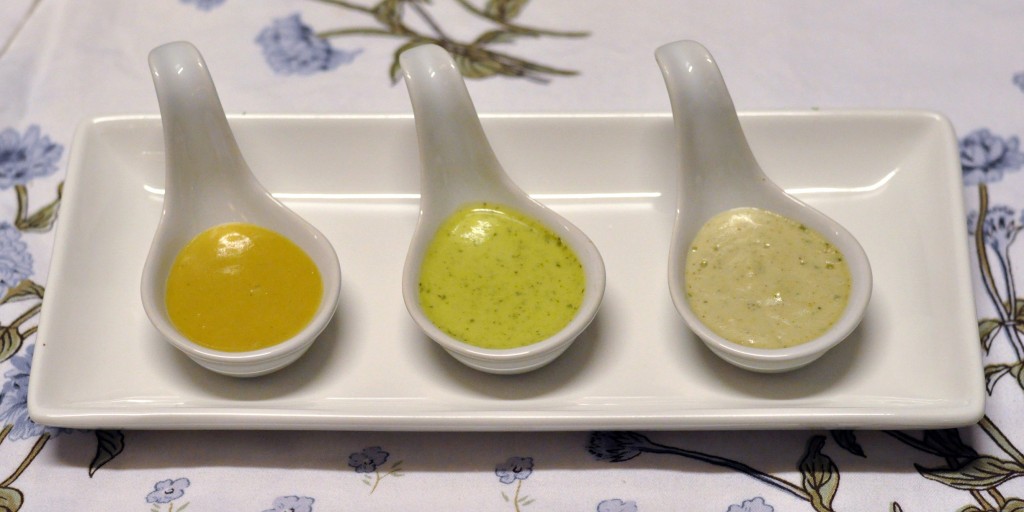
Issue #7 (Monthly Online Newsletter)
What do Minerals do for us?
Written by Judy Fleming
Every day our body requires raw materials to keep it functioning well. These raw materials are nutrients made up of: water, protein, fats, carbohydrates, vitamins, minerals. If we choose the best forms of each of these nutrients and eat them in a balanced diet we will make it possible to give our body what it needs to boost our immune systems so we can be healthy and disease free.
Minerals are essential nutrients that the body needs to survive. We can get these minerals by eating a diet rich in plant life. The trace minerals in our body are: iron, zinc, copper, selenium, iodine, fluorine and chromium while the major minerals are: sodium, potassium, calcium, phosphorus, magnesium, manganese, sulphur, cobalt and chlorine. We have to replace these minerals every day to keep our body functioning in a healthy mode. Minerals have many roles in our body:
- Bone and Teeth health
- Energy production
- Nerve and Muscle function
- Immune health

Many minerals also need to be combined with other nutrients for them to work well and in some cases too much of one mineral will result in you losing another. For example too much sodium will result in calcium being lost since calcium binds with excess sodium and too much phosphorus will hamper our ability to absorb magnesium. The same happens with the trace minerals. Therefore the minerals our body needs should come from the foods we eat rather than in supplement form so that we do not get too much of one or the other.
Calcium: strengthens our bones and teeth and is needed to help regulate the heartbeat and the muscle and nerve functions.
Chloride: is needed for proper fluid balance and stomach acid helping to maintain an acid-base balance.
Cobalt: the main function in the body is to prevent anemia and it works with B12 in the production of red blood cells and helps with our nervous system.
Copper: is required in the production of red blood cells. It also helps the body to utilize iron, reduces tissue damage caused by free radicals, helps to maintain your bone health, and it keeps your thyroid gland functioning normally.
Iodine: helps regulate growth, development and metabolism. It is needed to keep the thyroid functioning properly.
Iron: is a part of proteins and enzymes found throughout your body, including hemoglobin and myoglobin, both of which help carry oxygen in the blood. Iron is required for red blood cell formation. The iron from food is nonheme iron that is absorbed into the body from the foods we eat. Adding vitamin C to your diet will help the body to absorb more iron from your food. Vitamin A helps the body extract the stored iron in your body.
Magnesium: an essential mineral for human nutrition. Magnesium in the body serves several important functions: it helps with contraction and relaxation of muscles; it is needed so that many of our enzymes can function in the body, production and transport of energy, and production of protein. Magnesium also helps us to absorb calcium. Leafy greens have high amounts of magnesium as they contain chlorophyll. It is necessary for over 300 chemical reactions in the body!
Manganese is used by the body as a co-factor for the antioxidant enzyme, superoxide dismutase, which is a very powerful free radical scavenger. Manganese helps bone growth and cell production.
Phosphorus: is an essential nutrient required for proper cell function, and regulating calcium. It helps to strengthen bones and teeth and helps to store energy in our cells. Phosphorus also plays an important role in how the body uses carbohydrates and fats. It is needed so the body can make protein to repair and maintain cells and tissue in the body.
Potassium: is classified as an electrolyte and is very important to the body. It has various roles in metabolism and body functions and is essential for the proper function of all cells, tissues, and organs: It assists in the regulation of the acid-base balance; assists in protein synthesis from amino acids and in carbohydrate metabolism; and, it is necessary for the building of muscle and for normal body growth. Potassium is an important component of cell and body fluid helping to control heart rate and blood pressure.
Selenium: helps to prevent damage to our cells and aids the thyroid gland to function properly. It is a good antioxidant for the body aiding against free radicals.
Sodium: helps to keep the water levels balance in our body’s blood and tissues. It also aids in nerve transmissions and muscle contraction.
Sulphur: is found in protein molecules. It is required for the enzymes that speed body chemical reactions.
Zinc: helps the taste and smell capabilities in our body and aids to heal our wounds. It also aids in normal growth and sexual maturation.
Rainbow Veggie Salad
I used my Kitchen Aid ™food processor to make this salad, using the assortment of attachments it has for slicing, dicing and grating but you could do this by hand as well. The food processor made it easy in about 20 minutes total time.
Process each veggie using the desired blade then place in a small bowl and put aside until ready to assemble the Rainbow Salad.
Using the S-blade chop the following until like a fine crumble:
- 2 carrots (peeled and cut into 1-2 inch pieces)
- 3 beets (quartered)
Using the 2 Slicing blades that do thick or thin slices:
- 1 zucchini or cucumber (I prefer the thin slices)
- Celery (take 4-6 short pieces and process at once)
Using the Grating blade process the following:
- 2 cups red cabbage chunks
- 2 cups green cabbage chunks
Assemble as in the above picture. When ready to eat drizzle with a homemade salad dressing using the formula below:
The Dressing
Making your own fresh dressings is so easy; all you need are 3 main ingredients.
- Something Acidic Tasting
- Some Fat
- Seasoning
Dressings are best if mixed in a blender so the flavours blend together well. This can be done ahead and then kept cold until ready to serve with your salad (dressings keep well for 5-7 days in the fridge).
Take equal parts of the acidic and fat then season to taste.
Acidic Taste: lemon, lime, tomato, apple cider vinegar, orange, or grapefruit
Fat: extra virgin olive oil, flaxseed oil, Udo’s oil™, avocado, nuts or seeds
Seasoning: garlic, onion, and herbs (basil, cloves, oregano, paprika, sage, thyme, rosemary, allspice, cinnamon, cloves, nutmeg, ginger, etc)
By mixing the above combinations you can make an unlimited variety of dressings. I put the ingredients into my little “Personal Blender” by Tribest® using the blending blade, blend well then add to the salad and toss until coated.



